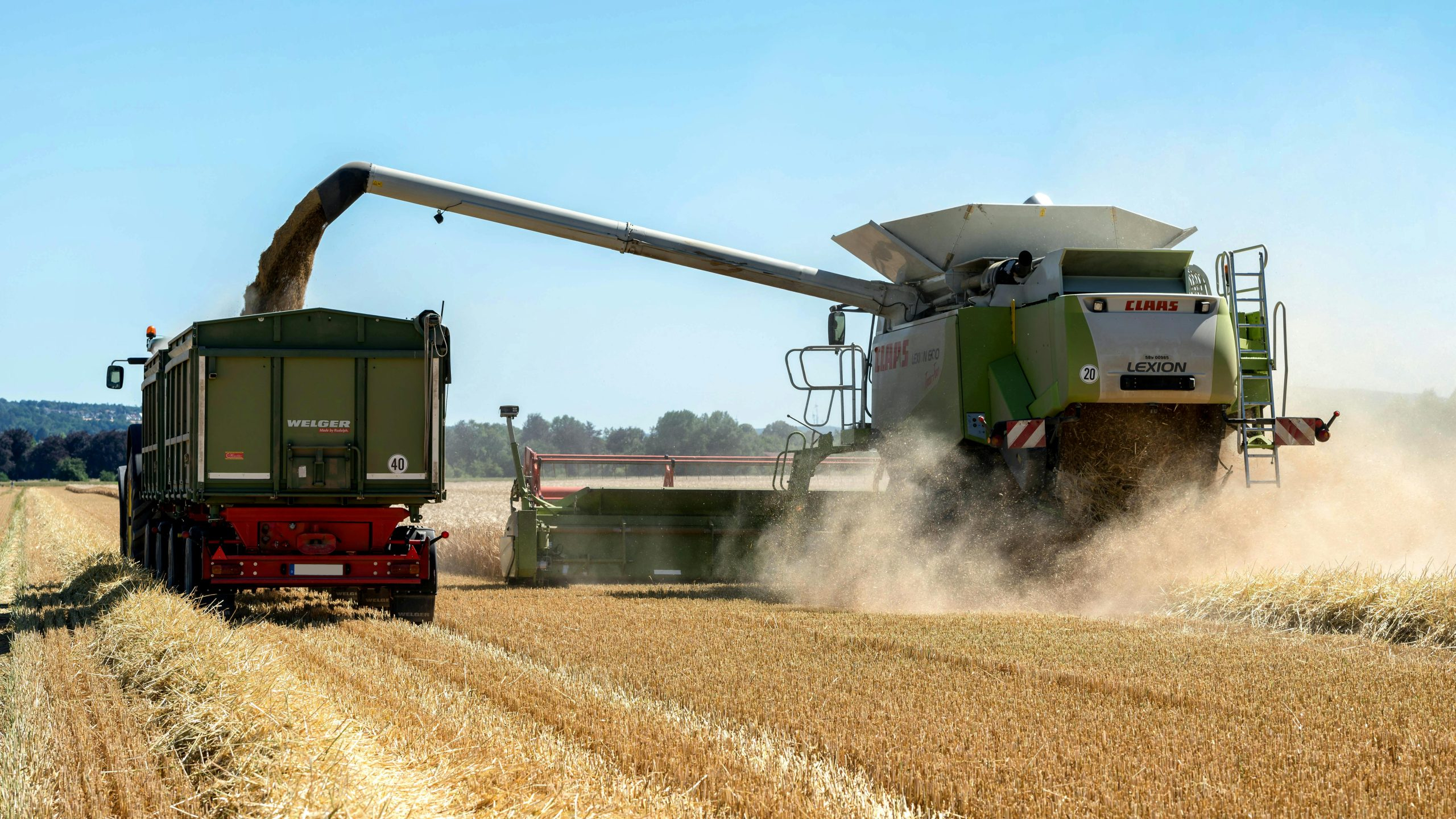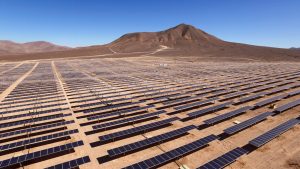Quantum Farming: Optimizing Crop Yields with Quantum Computing
Farming has come a long way since the dawn of civilization. From basic farming methods using manual labor and simple tools, to modern-day farming practices that involve advanced machinery and technology. And now, it seems like we are on the brink of another groundbreaking change in the way we farm – quantum farming. Yes, you read that right. Quantum computing, a technology that has brought about remarkable advancements in various industries, is now being explored for its potential in optimizing crop yields. This revolutionary concept, known as quantum farming, is gaining traction in the agricultural community, promising to transform the way we produce food. Let’s take a closer look at what quantum farming is and how it can potentially revolutionize the agricultural industry.
What is Quantum Farming?
Quantum farming is the application of quantum computing and quantum technology in agriculture, with the goal of improving crop yields and sustainability. Quantum computing, a technology that operates based on the principles of quantum mechanics, is vastly different from classical computing in terms of speed and processing power. This power allows for the handling of large amounts of data and complex calculations, making it ideal for tasks that require extensive data analysis, such as optimizing crop yields.
The Need for Quantum Farming
In recent years, the agricultural industry has faced significant challenges due to various factors such as climate change, soil degradation, and the increasing demand for food production. These challenges have highlighted the need for innovative and sustainable farming practices. Traditional farming methods often rely on guesswork, trial and error, and limited data analysis, which can result in inefficient resource management and suboptimal crop yields. This is where quantum farming comes into the picture, as it promises to revolutionize the way we analyze, understand, and utilize agricultural data.
Quantum Computing and Crop Yields
The use of quantum computing in agriculture involves analyzing vast amounts of data, including environmental factors, soil conditions, and plant genetics, to predict the best crop production methods. By utilizing quantum algorithms, this technology can analyze all these variables simultaneously, providing farmers with valuable insights and recommendations to optimize crop yields. Quantum computing can also simulate different growing conditions to identify the most suitable and sustainable methods for a specific crop. This not only improves crop yields but also minimizes resource waste and environmental impact.
Quantum Sensors for Precision Farming
In addition to utilizing quantum computing, quantum farming also involves the use of quantum sensors for precision farming. These sensors can provide real-time data on crop health, soil moisture, and nutrient levels, allowing farmers to detect potential issues and take immediate action. Unlike traditional sensors, quantum sensors can detect even the tiniest changes, providing highly accurate data to help farmers make informed decisions about irrigation, fertilization, and other farming practices.
Sustainable Farming Practices
Quantum farming is not just about improving crop yields; it also focuses on sustainability. By optimizing crop yields and minimizing resource waste, quantum farming can help reduce the environmental impact of agriculture. This is crucial for maintaining a healthy balance between agricultural production and sustainability, as we continue to face the effects of climate change and diminishing natural resources.
The Future of Quantum Farming
While quantum farming is still in its early stages, the potential and promise it holds for the future of agriculture are immense. As technology continues to advance, we can expect to see further developments and applications of quantum computing and quantum sensors in the agricultural industry. With predictions of a global population of nearly 10 billion by 2050, it is crucial for us to embrace innovative and sustainable farming practices like quantum farming to ensure food security for future generations.
Conclusion
Quantum farming is a revolutionary concept that has the potential to transform the agricultural industry for the better. By harnessing the power of quantum computing and quantum sensors, we can optimize crop yields, reduce resource waste, and promote sustainability in farming practices. As this technology continues to evolve and gain recognition, we can look forward to a brighter future for agriculture and food production.











